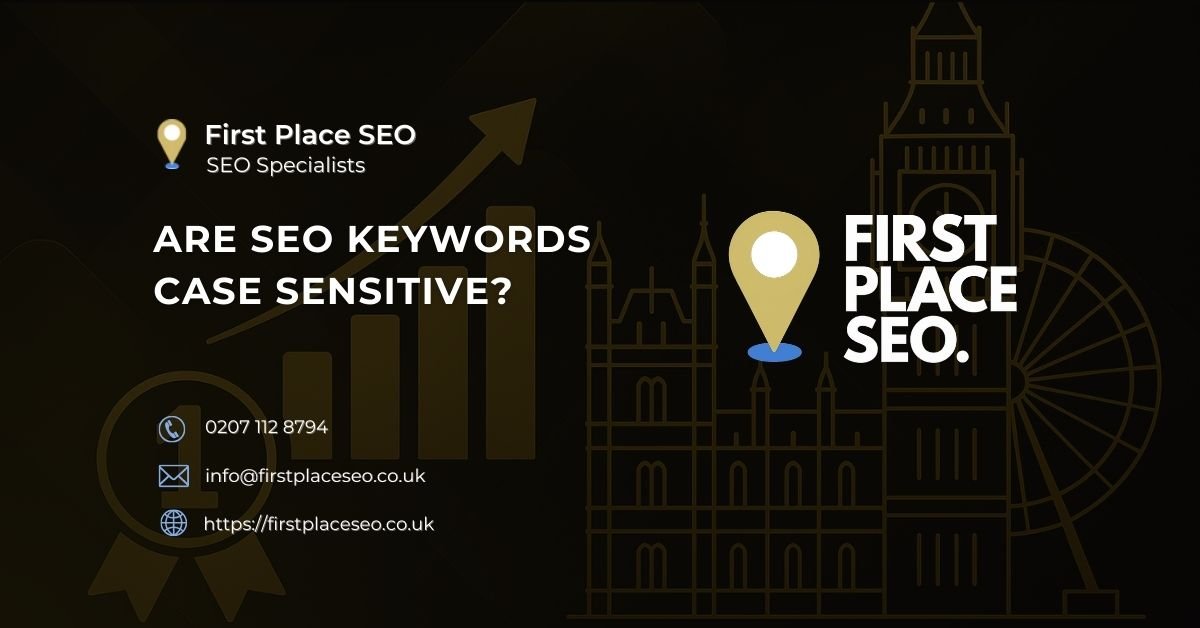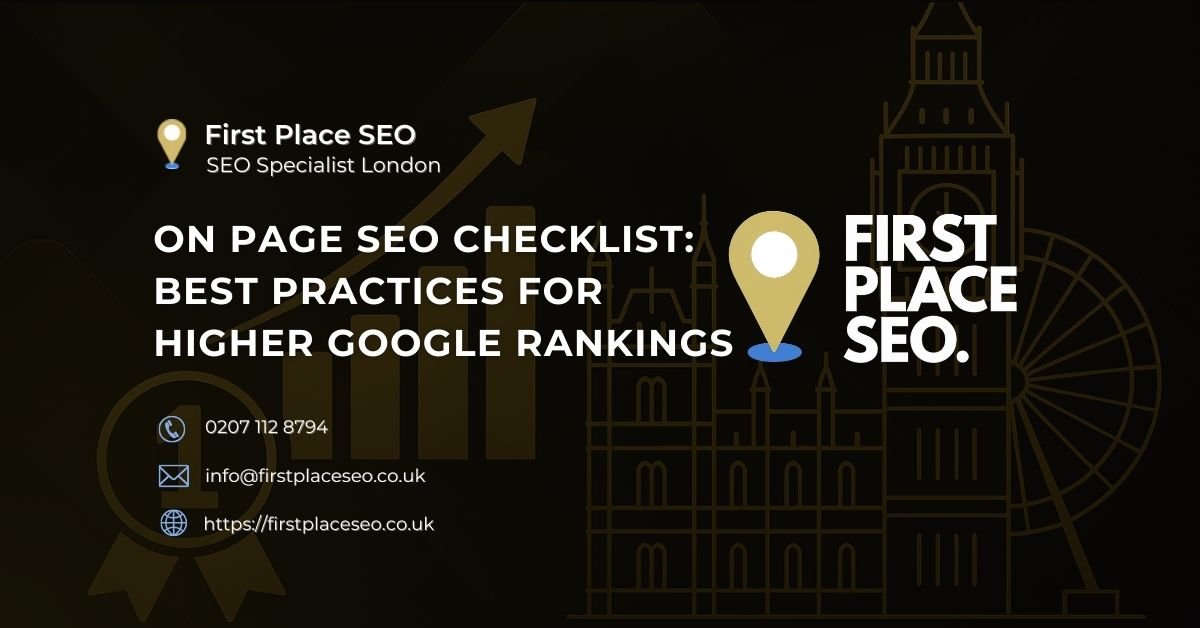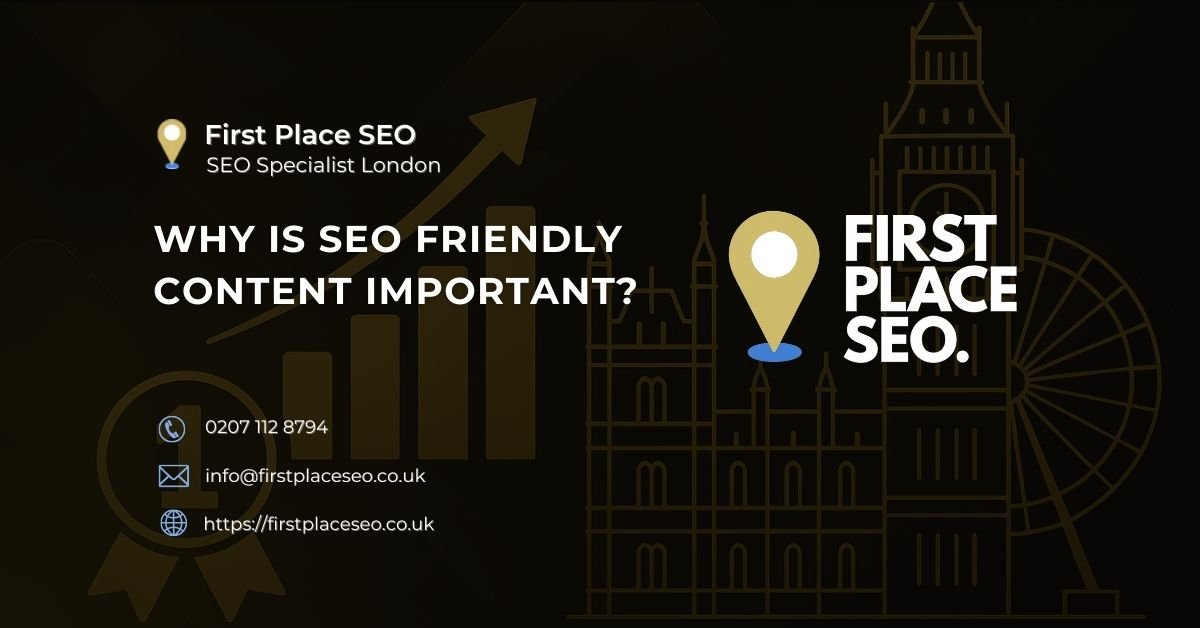How to Know What Words to Use for SEO
What are SEO Keywords?
SEO keywords are specific words or phrases that people type into search engines when looking for information, products, or services. These keywords are key for connecting searchers with relevant content. By targeting the right keywords, you can attract the right audience to your site.
Why Keywords Matter in SEO
Keywords help search engines understand the content of your website and determine its relevance to specific searches. Using the right keywords can lead to higher search engine rankings, increased traffic, and better user engagement.
Different Types of SEO Keywords
Short-Tail Keywords
Short-tail keywords, or head terms, are broad keywords with high search volume and competition. Examples include “shoes” or “SEO.” These keywords can drive significant traffic but may not be highly targeted.
Long-Tail Keywords
Long-tail keywords are longer, more specific phrases. They have lower search volume but are less competitive and more targeted. An example is “best running shoes for women.” Long-tail keywords often attract users who are closer to making a purchase decision.
LSI Keywords
Latent Semantic Indexing (LSI) keywords are terms related to your main keyword. They help search engines understand the context and improve content relevancy. For instance, LSI keywords for “SEO” might include “search engine optimisation,” “keyword research,” and “on-page SEO.”
How to Research SEO Keywords
Using Keyword Research Tools
Tools like Google Keyword Planner, Ahrefs, and SEMrush can help you find relevant keywords. These tools provide data on search volume, competition, and keyword suggestions, making it easier to identify the best keywords for your content.
Analysing Competitors’ Keywords
Investigating the keywords your competitors are ranking for can provide valuable insights. Tools like Ahrefs and SEMrush allow you to see which keywords drive traffic to competitors’ sites, helping you identify opportunities for your own keyword strategy.
Understanding Search Intent
Search intent refers to the reason behind a user’s search query. Understanding whether users are looking for information, ready to make a purchase, or seeking a specific website helps you choose keywords that match their intent and improve user satisfaction.
Selecting the Right Keywords
Relevance to Your Content
Choosing keywords that are directly related to your content ensures that your website meets the expectations of searchers. This relevance helps improve your site’s credibility and user engagement, reducing bounce rates and increasing time spent on your pages.
Search Volume and Competition
Balancing search volume and competition is crucial in keyword selection. High-volume keywords attract more traffic but are often highly competitive. Conversely, low-volume keywords might have less competition but attract fewer visitors. Aim for a mix of both to optimise traffic and ranking potential.
Balancing Short-Tail and Long-Tail Keywords
Integrating both short-tail and long-tail keywords in your strategy can balance traffic and specificity. Short-tail keywords can drive large volumes of traffic, while long-tail keywords attract highly targeted visitors who are more likely to convert.
Incorporating Keywords into Your Content
On-Page SEO
On-page SEO involves optimising individual web pages to rank higher and earn more relevant traffic. This includes placing your target keywords in strategic locations such as the title, headings, and throughout the body of the content.
Meta Descriptions and Titles
Meta descriptions and titles are critical for SEO. They should include your target keywords and be compelling enough to encourage clicks. Well-crafted meta descriptions and titles improve click-through rates and signal relevance to search engines.
Header Tags and Alt Text
Using header tags (H1, H2, H3) to structure your content helps search engines understand the hierarchy and main points of your content. Including keywords in these tags enhances SEO. Additionally, using keywords in the alt text of images improves accessibility and searchability.
Advanced Keyword Strategies
Latent Semantic Indexing (LSI)
LSI keywords enhance your content’s depth and relevance by providing contextual clues to search engines. By including related terms and synonyms, you can improve the semantic relevance of your content, making it more likely to rank for a broader range of searches.
User Experience and Engagement
Focusing on user experience and engagement can indirectly boost your SEO efforts. High-quality, keyword-rich content that provides value encourages users to stay longer on your site, interact more, and share your content, all of which are positive signals to search engines.
Voice Search Optimisation
With the rise of voice-activated assistants like Siri and Alexa, optimising for voice search is becoming essential. Voice searches tend to be more conversational and longer, so incorporating natural language phrases and questions into your content can help capture this growing search traffic.
Common Mistakes to Avoid
Keyword Stuffing
Overloading your content with keywords, known as keyword stuffing, can harm your SEO. It makes your content look spammy and can lead to penalties from search engines. Focus on natural, meaningful keyword integration.
Ignoring User Intent
Failing to consider user intent can result in attracting the wrong audience. Ensure your keywords align with what users are looking for, whether it’s informational, navigational, or transactional queries.
Not Updating Keywords
The SEO landscape is constantly evolving, and so should your keywords. Regularly reviewing and updating your keywords helps you stay relevant and competitive, adapting to changing search behaviours and trends.
Monitoring and Adjusting Your Keyword Strategy
Using Analytics Tools
Tools like Google Analytics and Search Console provide valuable data on your keywords’ performance. They help you track which keywords are driving traffic and conversions, allowing you to refine your strategy based on real-time insights.
Tracking Rankings and Performance
Regularly monitor your keyword rankings and overall SEO performance. Tools like Ahrefs, Moz, and SEMrush can track your rankings and provide insights into areas for improvement, helping you stay ahead of the competition.
Adapting to Algorithm Changes
Search engine algorithms frequently update, impacting keyword performance. Staying informed about these changes and adjusting your strategy accordingly ensures your SEO efforts remain effective and up-to-date.













